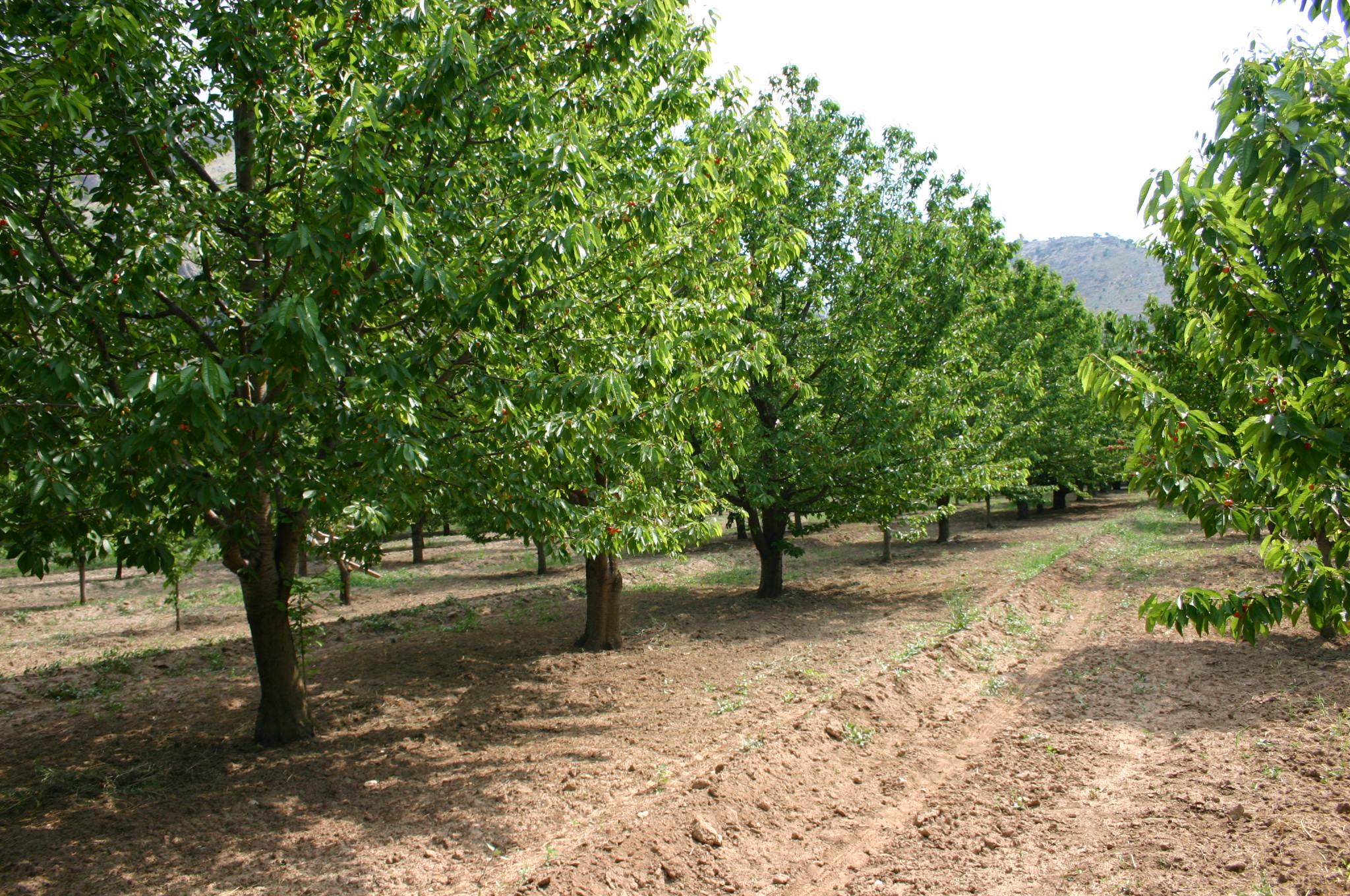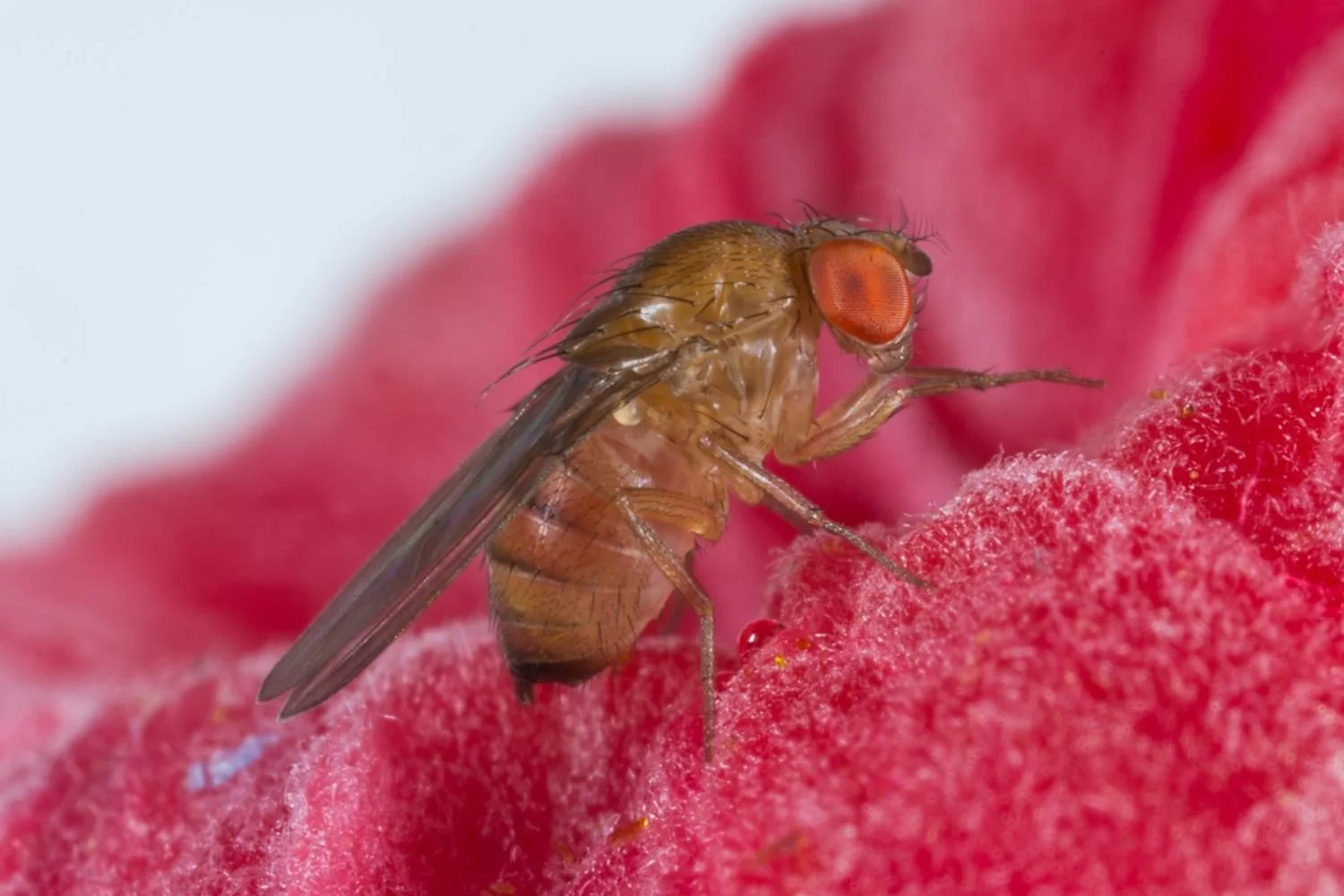Of the various productive sectors, the carbon emissions of the agricultural sector are among the most significant ones influencing environmental dynamics. In an attempt to mitigate climate change, sustainable production practices are increasingly being encouraged, as the agricultural sector actually consumes energy directly by cultivating fruit tree orchards with machinery.
Therefore, the aim of the survey conducted by Çukurova University and the Provincial Directorate of Agriculture and Forestry in Bursa, Turkey, was to verify the carbon emissions, energy efficiency and cost analysis of sweet cherry cultivation. This survey was conducted in the Ulukı¸sla district of Ni˘gde province, Turkey, during the period 2019-2020.
The energy equivalence of each stage of the agricultural mechanisation level was analysed in this study for its impact on sweet cherry production, using data from surveys directly with farmers. The energy values per unit area of the inputs during sweet cherry production, which include tillage, irrigation, fertilisation, phytosanitary treatments, pruning and harvesting, were calculated.
In addition, the energy yield of the product, the total cost and profit values and the amount of CO2 emissions were also calculated. Labour costs, fuel consumption and tractor-specific equipments were evaluated within the production dynamics.

Direct and indirect energy were the categories into which the energy incorporated in the production process was classified and their respective contributions to total energy consumption were determined. It was determined that the average variable expenses accounted for 93.70 per cent of the total expenses of sweet cherry production, with a value of 16,873 Turkish liras per hectare (about 470 euros).
Fixed expenses, on the other hand, accounted for 6.30% of total expenses, with a value of 1135 Turkish Liras/ha (32 euro). According to the results of the CO2 emission analysis, the highest emission value is 12,862 kgCO2/ha in nitrogen fertilisation practice, while the lowest emission value is 124 kgCO2/ha in soil tillage.
It is possible to conclude that the goal of reducing the carbon footprint and maximising energy efficiency in sweet cherry production in Turkey, a country with a wide range of agricultural activities, should also be implemented as an effective research tool in other leading countries in world fruit production.
With these data, energy-efficient and low-carbon production processes can be promoted, significantly reducing the likelihood of future negative climate change consequences. It is expected that this research will provide insights for future research on sweet cherry cultivation in and around the study area, considering sustainable agricultural practices.
The implementation of sustainable agriculture is an indispensable element of an environmentally sustainable society. The collective gathering of sectoral data on local production processes serves as a guiding inventory for the development of national strategies and incentive policies. For the preparation of sectoral roadmaps and high-level decision-making in the pursuit of sustainable agricultural practices, studies such as this one should be used as a source of data.
Source: Say, S.M., Günindi, B., Şehri, M. et al. Energy Efficiency and Carbon Footprint Analysis of Sweet Cherry Cultivation Processes in Türkiye: The Case of Niğde Province. Applied Fruit Science 66, 863–874 (2024). https://doi.org/10.1007/s10341-024-01083-y.
Image: SL Fruit Service
Melissa Venturi
University of Bologna (IT)
Cherry Times - All rights reserved











